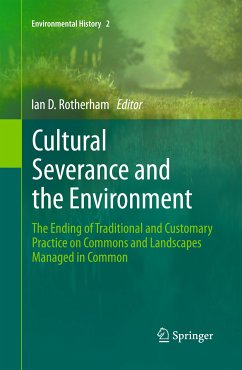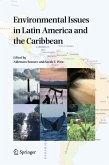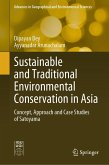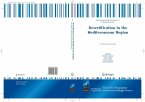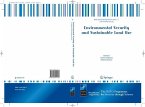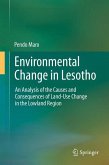Dieser Download kann aus rechtlichen Gründen nur mit Rechnungsadresse in A, B, BG, CY, CZ, D, DK, EW, E, FIN, F, GR, HR, H, IRL, I, LT, L, LR, M, NL, PL, P, R, S, SLO, SK ausgeliefert werden.
"Cultural Severance and the Environment explores topics related to the 'eco-cultural' legacy of traditional management practices of common-held resources. ... the specificity of the subject matter will make the book most relevant to students and researchers with an interest in commons and traditional commons management in Europe. Summing Up: Recommended. Upper-division undergraduates, graduate students, researchers/faculty, and professionals." (J. L. Rhoades, Choice, Vol. 51 (6), February, 2014)

